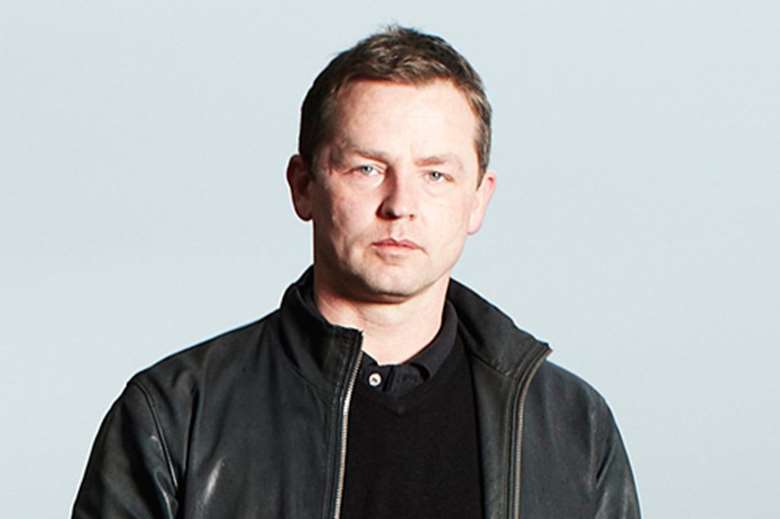Response to last summer's riots 'criminalised young people'
Neil Puffett
Tuesday, August 7, 2012
Young people have been condemned to a future without hope as a result of getting a criminal record in connection with last summer's riots, it has been claimed.

A year to the day since the unrest began in London last August, Mark Johnson, founder of crime reduction charity User Voice, said the response of the government and courts could ultimately lead to more crime, not less.
It has been estimated that sentences totalling 1,800 years in prison were given out in connection with the riots – a proportion of which were handed to young people.
Johnson said the experience of youth custody will make many young people more likely to offend because they won’t be able to get a job and will socialise with other young people in trouble with the law.
“We are cutting off children and young people’s life chances by labelling them as criminal," he said. "What the youth justice system is doing is cultivating an area of extreme behaviour because we are removing their hope.
“These young people know that if they are 15 and have a criminal conviction, they are bottom of the employment pool. The number one concern of young people coming into contact with the criminal justice system is the criminal records check. It is a life sentence.”
Johnson’s concerns were echoed by campaign group the Howard League for Penal Reform. Andrew Neilson, director of campaigns, said the courts responded to “political pressure” and handed down “extremely long sentences” to many young people, including some who didn’t take part in the riots.
“A particularly memorable one was the four year sentences given to two young men who posted something on Facebook about starting a riot," he said.
“Our ‘colleges of crime’ were already busting at the seams, and the influx of impressionable young people pushed the system to crisis point. Very little happens in prison to make people think about the consequences of their actions.
"In fact many young people in prison say they would like to change, but in prison there is no provision to allow that to happen. In too many cases young people turn their lives around in spite of having gone to prison, not because of it.”




